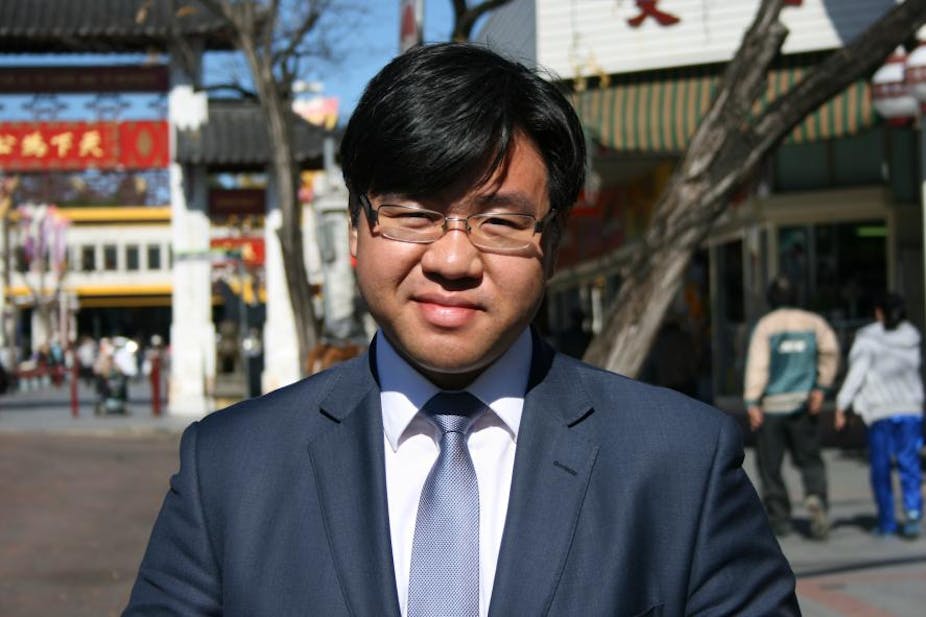Race Discrimination Commissioner Tim Soutphommasane will suggest today that the government’s proposed changes to the Racial Discrimination Act could harm Australia’s ability to most effectively engage with the Asian century.
In a speech to be delivered to the Australia Asia Education Engagement Symposium in Melbourne Soutphommasane says that the principle of racial tolerance must continue to be defended as essential to the legislative architecture of a multicultural Australia.
Were it not to be supported wholeheartedly “we could end up as an Australia that is more insular and less able to flourish in the so-called Asian century”.
In relation to the problem of racism, he quotes Donald Horne in The Lucky Country, written 50 years ago, while the White Australia policy was still in place, writing that “public expression of the racist strain has become weaker and weaker”.
“Over the years, sentiments have evolved in the direction of equality. Until recently very few Australians would have been prepared to offer an explicit defence of a right to express bigotry,” Soutphommasane says.
(Attorney-General George Brandis last week said people had the right to be bigots. This further inflamed the debate about the government’s plan to water down the act in the name of free speech.)
“We may recognise that people in their heart of hearts may hold racial prejudices, but we knew enough to know that we shouldn’t be encouraging it,” Soutphommasane says.
“It is only one small step from having thoughts of bigotry in one’s mind and expressing it as [an] outward act of racial discrimination.”
He says the government’s proposed changes, if enacted, would severely weaken existing legal protections against racial vilification.
“They would give legal sanction to the most serious forms of racial vilification if expressed in the course of participating in a public discussion. They would, I fear, embolden a minority with bigoted views to amplify their prejudice.”
It is important to reflect on this debate in the context of multicultural Australia and Australian engagement with Asia, he says.
“For one thing, the Racial Discrimination Act represents a pillar in the legislative architecture of Australia’s multicultural policy,” he says.
“For another thing, our cultural engagement with Asia will in large part be a function of our own domestic ability to deal with cultural diversity. Our laws have a powerful effect in expressing our values and in setting the tone of our society.”
Allan Gyngell, former senior public servant and former head of the Lowy Institute, said the debate over the RDA changes would contribute to a sense of deja vu among certain people in the elites of Asia. But it was not in the category of the debate about Hansonism in the 1990s.

